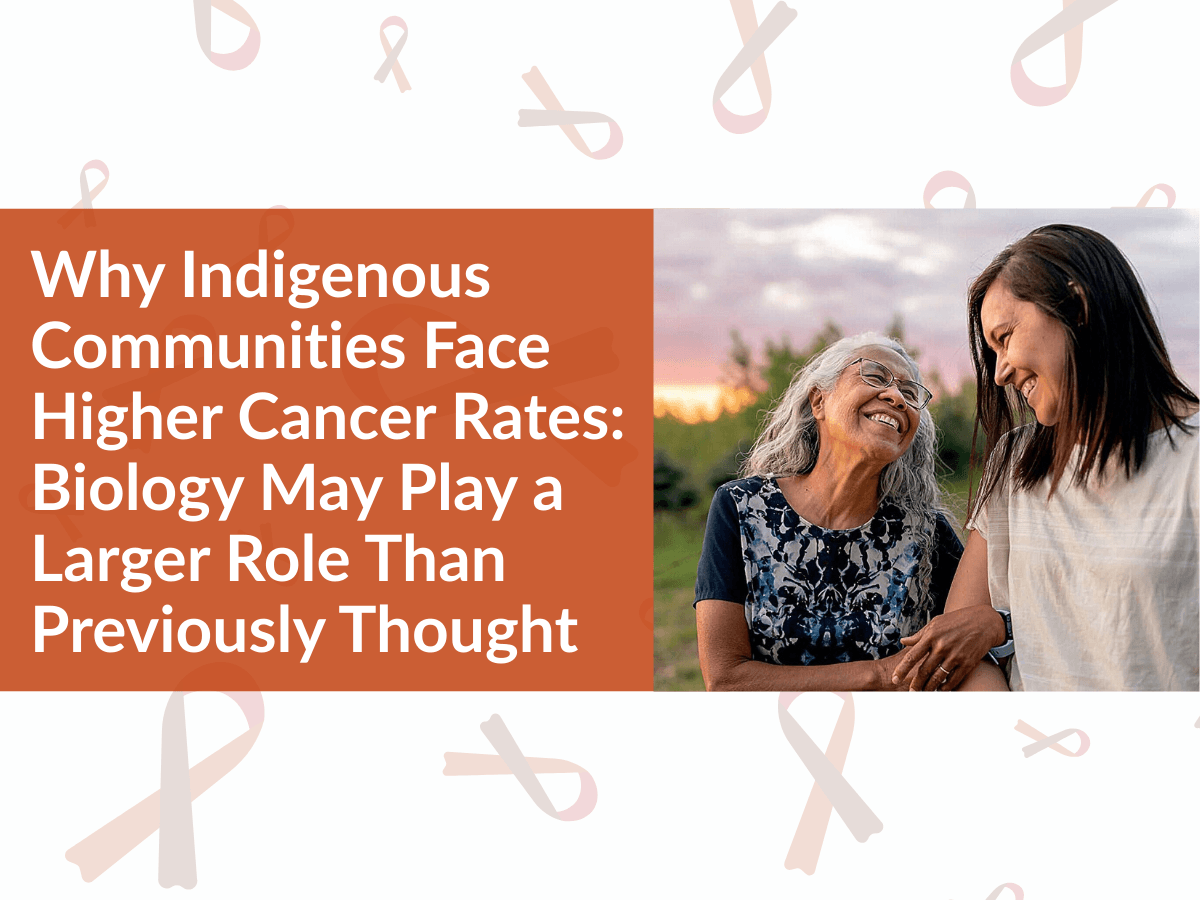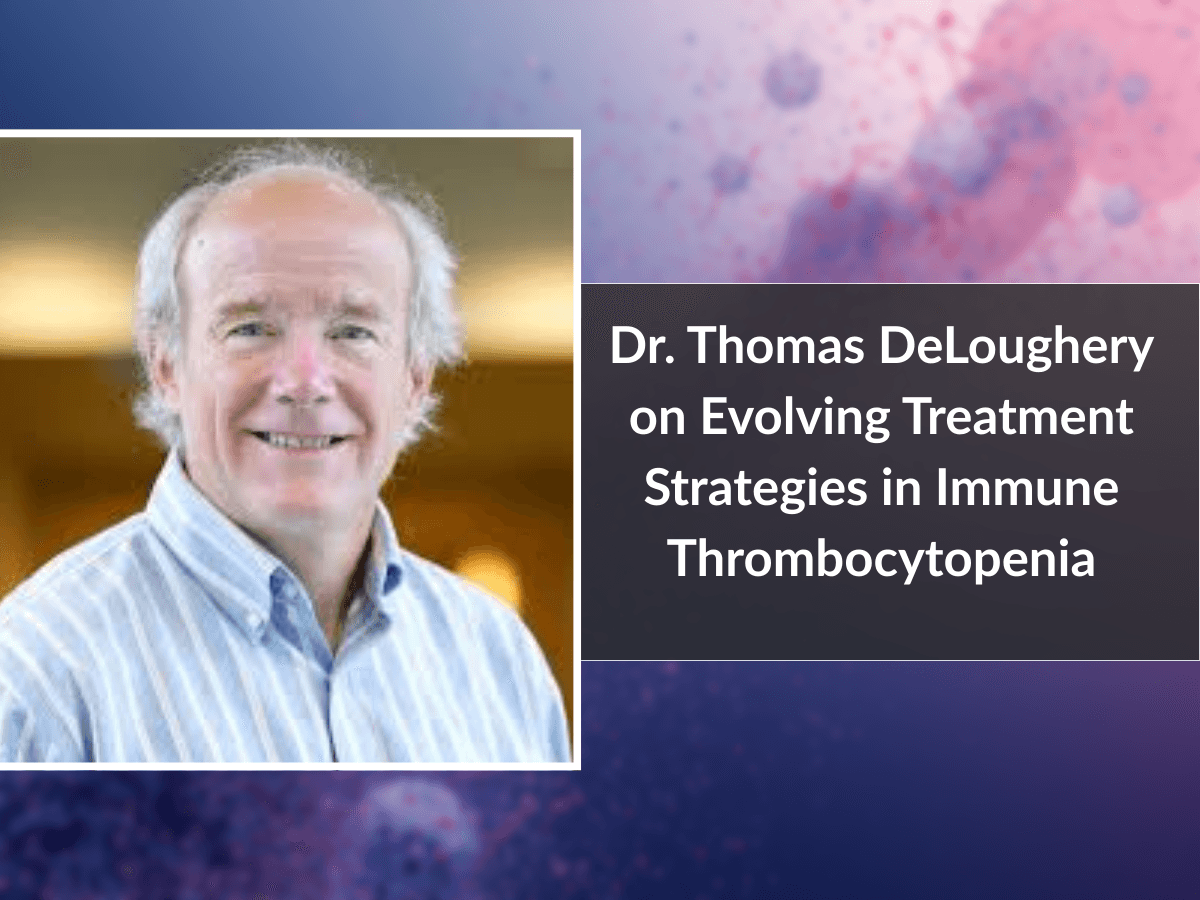
The Cancer News
AN AUTHORITATIVE RESOURCE FOR EVERYTHING ABOUT CANCER
GI Oncologist Discusses the Challenge of Translating CHALLENGE Trial Results into Patient Care

Can Exercise be Used as Medicine in Cancer?
In a first-of-its-kind colon cancer clinical trial, the CHALLENGE study revealed the impact of a structured exercise program on the survival of colon cancer patients who had completed adjuvant chemotherapy. This study adds another piece to the growing body of cancer research exploring the impact of exercise on different aspects of the disease.
To further shed light on the CHALLENGE trial result and its practical clinical application, we spoke with Dr. Ronan Hsieh, a gastrointestinal medical oncologist at Swedish Cancer Institute and a clinical assistant professor of medicine at Washington State University. In this interview, he discussed the promise of the trial results and highlighted the challenges of implementing them in clinical practice.
The Interview
Question | Binaytara: Given your expertise, you might have heard about the CHALLENGE trial examining whether exercise can help with post-colon cancer treatment relapse. What needs do you think this research meets?
Answer | Dr. Hsieh:
"The trial randomized people after colon cancer treatment, surgery, and chemotherapy, to either a three-year structured exercise program versus self-guided exercise where they just received reading materials. The results showed that the exercise program significantly improved progression-free survival and overall survival compared to patients who only received reading materials."
Question | Binaytara: What does this tell us about current approaches to recommending exercise to cancer patients?
Answer | Dr. Hsieh:
"This demonstrates that verbal encouragement by physicians to exercise is not sufficient. We can't just tell patients, 'go exercise, ride a bike, do some light walking, go hike a mountain' - nobody would do that. Humans like routine, and if your routine before colon cancer diagnosis didn't include exercise, you won't exercise after diagnosis either."
Question | Binaytara: Were you surprised by these findings?
Answer | Dr. Hsieh:
"I think the finding is not surprising to me. What's surprising to me is that somebody put the effort into doing that trial and formally validated the benefit of exercise. I know this type of trial is not easily funded, and government agencies often prefer to spend taxpayer money on novel drugs or similar research. The fact that this study was done just to validate our presumption that exercise improves survival is really amazing."
Question | Binaytara: How challenging is it to implement exercise programs in your clinical practice?
Answer | Dr. Hsieh:
"Like many healthcare institutions, we face challenges in implementing comprehensive exercise programs, mainly due to human resources and manpower constraints. For an effective exercise program, you definitely need dedicated staff to help patients enroll and participate successfully."
Question | Binaytara: What specific resource constraints have healthcare systems encountered in implementing these programs?
Answer | Dr. Hsieh:
"Across the healthcare landscape, institutions are dealing with funding limitations and staffing reductions. Many healthcare agencies nationwide are running into this problem; hospitals have fewer resources to support comprehensive ancillary services like structured exercise programs, rehabilitation programs, or even drug detoxification and alcohol abstinence programs."
Question | Binaytara: How do broader healthcare funding trends affect these programs?
Answer | Dr. Hsieh:
"Government funding for healthcare services is decreasing. Just look at recent changes in Medicaid. This makes implementation of evidence-based supportive care programs even more challenging across the board."
Question | Binaytara: What does this mean for cancer specialists trying to provide comprehensive care?
Answer | Dr. Hsieh:
"Many cancer specialists and institutions are in similar situations where we lack structured exercise programs despite knowing their benefits. The financial constraints are real, and it is becoming increasingly difficult for healthcare systems to provide the comprehensive care that includes these proven beneficial interventions. It's a systemic challenge affecting cancer care nationwide."
About Dr. Ronan Hsieh
Dr. Ronan Hsieh is a gastroenterologist currently affiliated with the Swedish Cancer Institute in Seattle, Washington, and a clinical assistant professor of medicine at Washington State University. With a focus on gastrointestinal (GI) cancers, he specializes in the treatment of conditions such as colorectal cancer and other gastrointestinal malignancies. Dr. Hsieh has a strong interest in drug development, clinical trials, and clinical research, and he actively participates in advancing the field of oncology.






